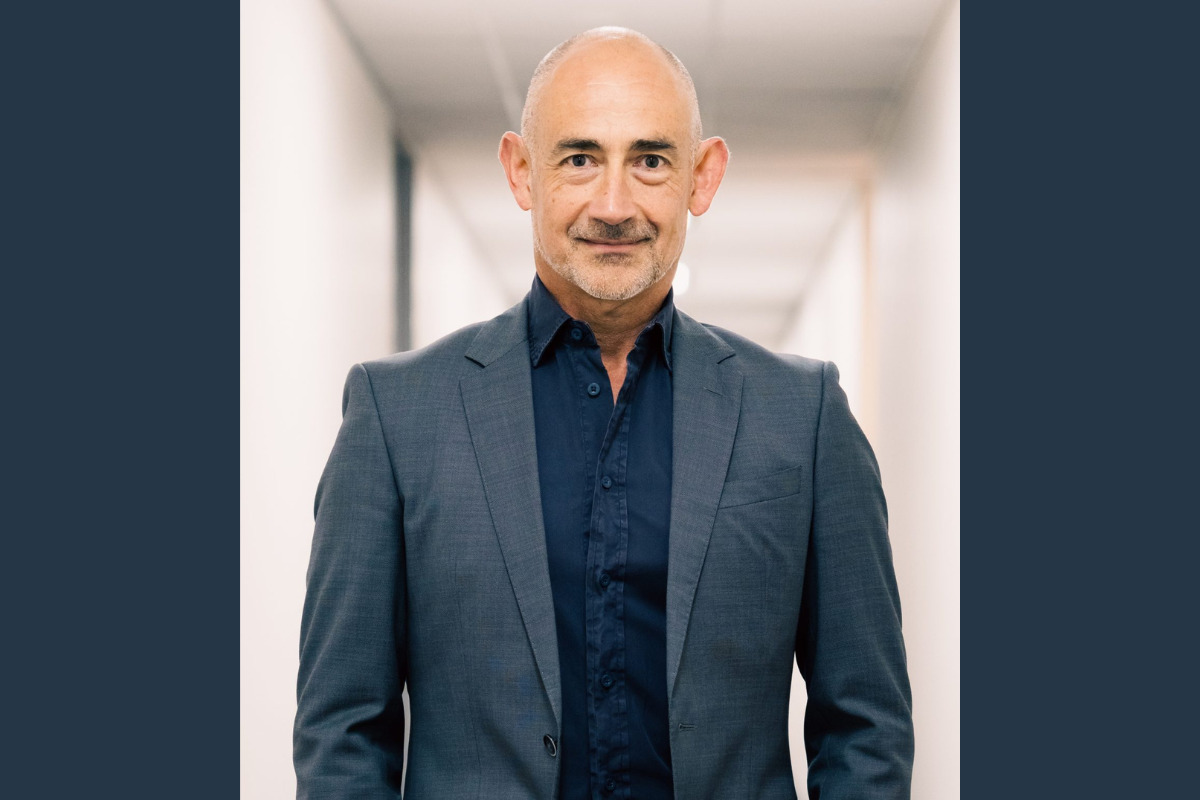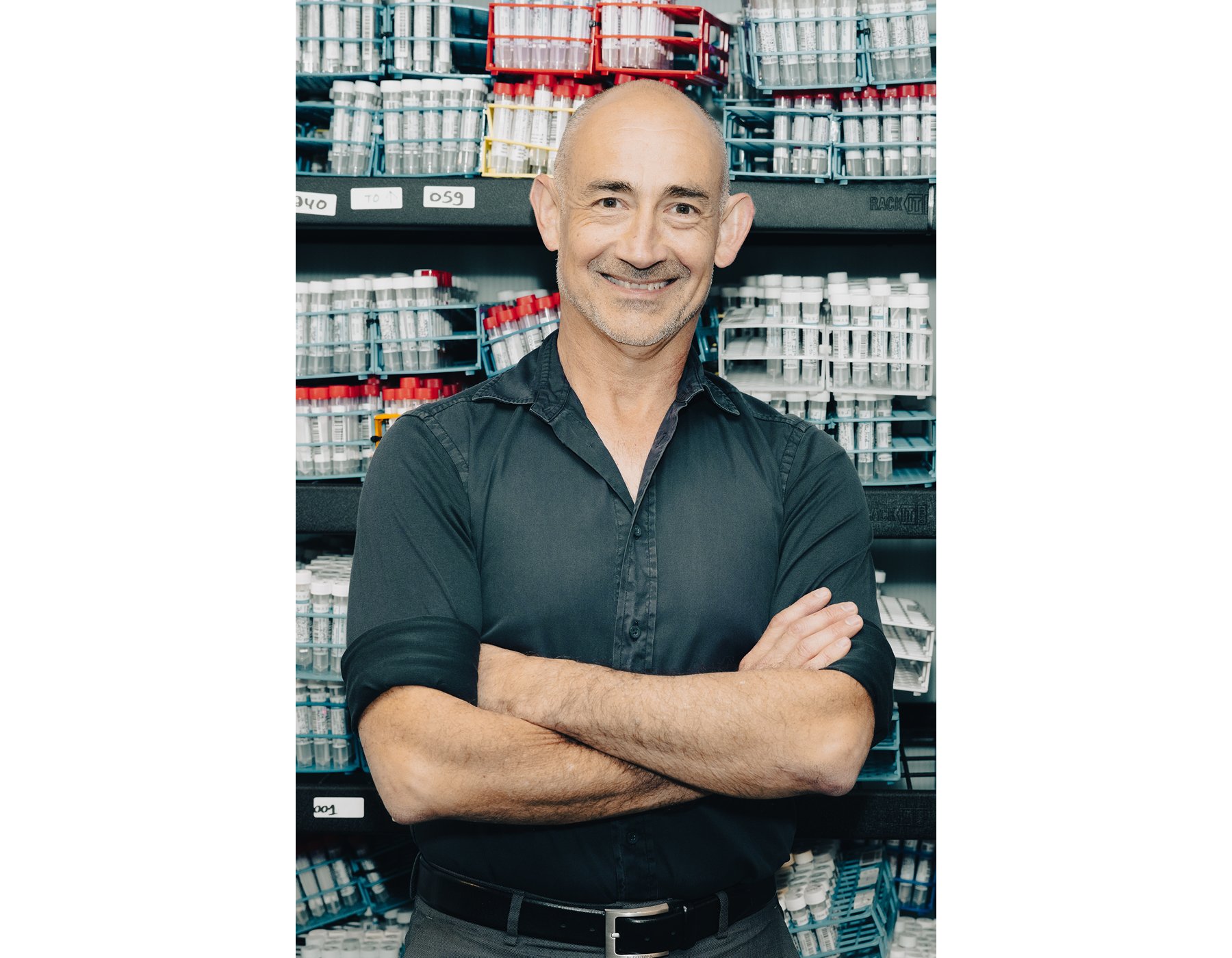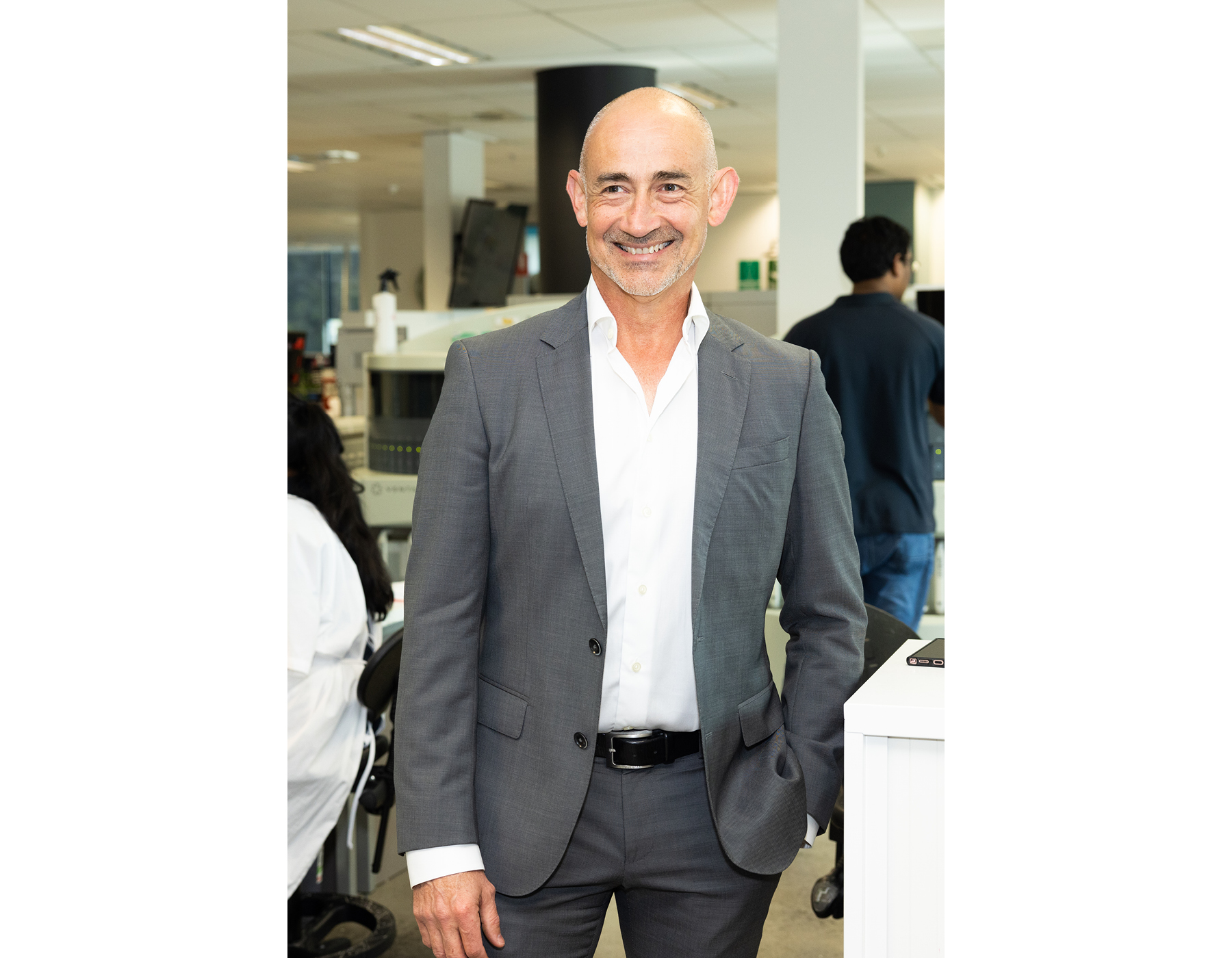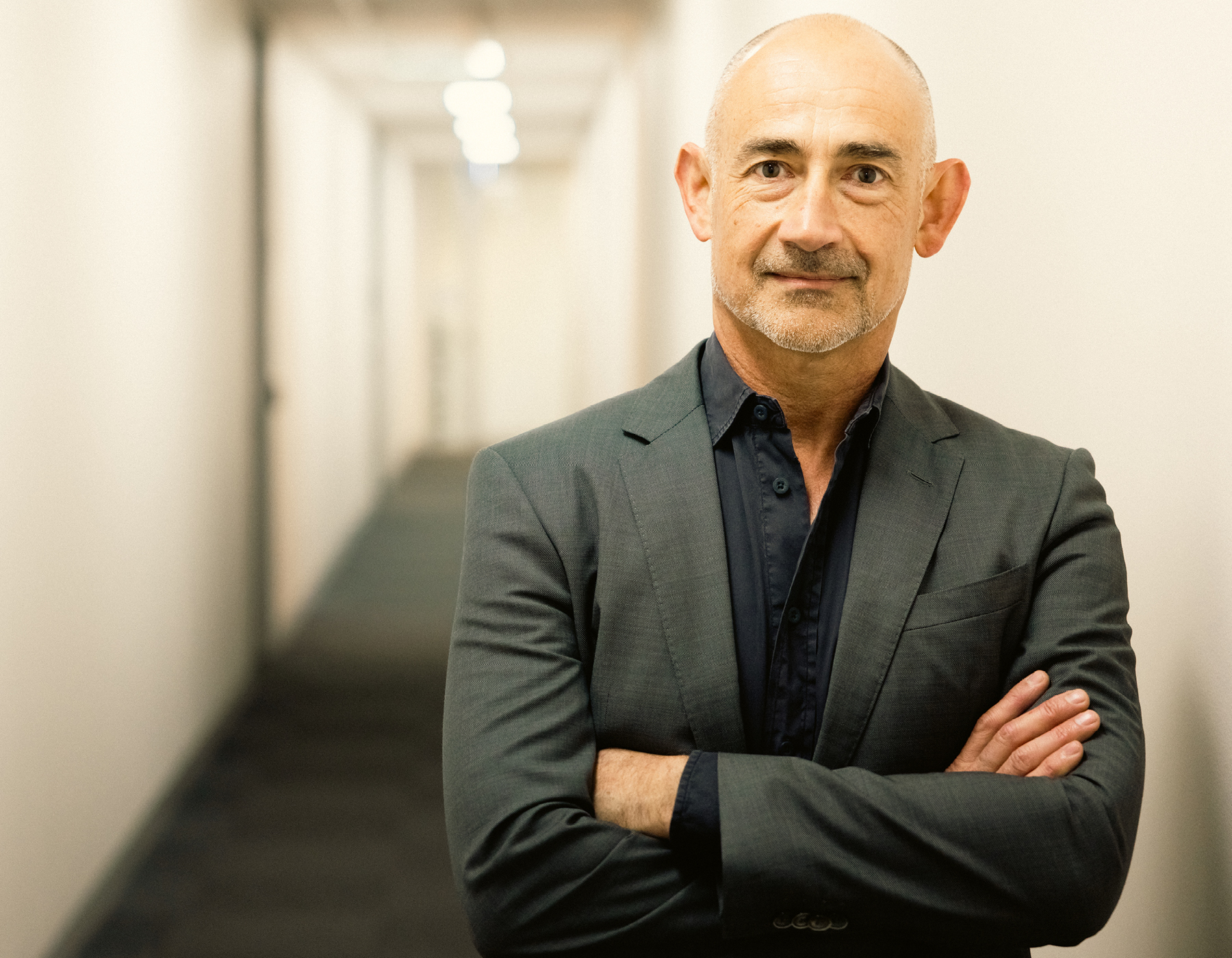Whether you have heard of Histopath Diagnostic Specialists (HDS) or not, there is a very high chance you have benefited from its services.

During the height of Australia’s COVID-19 restrictions, HDS – led by Founder Chris Douglas and his business partner Steve Mann – became the tester-of-choice at Sydney, Melbourne and Brisbane airports. Indeed, to date, HDS has tested a staggering one million people pre-flight.
“The process that we undertook when we started testing for COVID-19 was to look at what people actually needed,” Chris tells The CEO Magazine. “They don’t need to wait in queues for hours, and they don’t need to wait for days for results.
“We focused on delivering clinics that were efficient. We developed an online registration system with QR codes so that people could book in quickly, get through the clinic quickly, and get their results back. All of our results were coming back within seven or eight hours, even when most of the others were taking days to return them.
“Then we developed a rapid testing methodology, where we could give results back within an hour. That’s what we deployed at the airports, because when pre-departure testing became mandatory, we realised the easiest and safest way for people to get tested was at the point of departure. They could turn up to the airport an hour or two early and get their test while they waited. The technology that we had, no one else had really validated that methodology, and we were able to implement it at the airport.”

When COVID-19 sprang up, we were in a very good position to pivot our virology lab into testing for it.
Prior advantage
The advantage HDS had was that it was led by two pathology experts with a keen interest in parasitology and virology. For more than 20 years the small team – which had generally focused on cancer diagnoses and biopsies – had been unwittingly preparing for the COVID-19 outbreak.
“When COVID-19 sprang up, we were in a very good position to pivot our virology lab into testing for it,” Chris explains.

We’re large enough to have a lot of innovation and a lot of resources, but we’re still small enough to deal directly with patients at a very personal level.
“That’s how we started off testing in that area. We’ve been going for nearly 25 years as a specialised practice, and now we’ve suddenly exploded into the sort of mainstream.”
Chris is referring to HDS launching more than 50 COVID-19 testing clinics across New South Wales and becoming a major partner for NSW Health and other government agencies.
Incredibly, prior to the outbreak of the COVID-19 pandemic, HDS had a staff of just 70; now it has more than 1,000 employees on the books.
Of course, the company’s ability to be agile and innovative has been a key reason for its success. And Chris believes the expansion has only aided this.
“We’re large enough to have a lot of innovation and a lot of resources, but we’re still small enough to deal directly with patients at a very personal level.
“I think it’s not unreasonable to view the very large practices as big factories that are really providing centralised factory throughput. Our model is much more specialised and decentralised,” he explains.
Cutting edge
“I think one of the biggest changes in the way we service people since COVID-19 is the direct interaction we’ve developed with patients,” Chris continues. “Pathology has never texted a result directly to a patient before. Traditionally we provide a report to the referring doctor, we provide a diagnosis, and then that patient goes back to their doctor. And from what I’m getting as feedback, patients are very engaged in this new approach. They’re very interested in getting results directly.
“There’s a big emergence of personal health, maintaining your own medical record, having control over your data, and the convenience of not having to go back and forth to a doctor to get results.”
Naturally innovative, Chris is always looking for the next edge for HDS. As such he’s been investing heavily in IT infrastructure and the AI space.

There’s a lot of innovation in health to come, and we’re really excited to be at the cutting edge.
“On top of developing our own registration system with QR codes, we also developed encrypted QR codes for our international traveller reports. So we’re developing the future tools we’ll need to try and leverage off that personalised health control,” he says.
“Part of what we’ll be doing in our roadmap is interacting directly with patients. We will be informing patients when their tests will be ready. Some results will still go through their doctor, but I think that’s going to be really important moving forward.
“There’s a lot of movement in artificial intelligence when it comes to surgical and cancer diagnoses now too. We were working on that pre-COVID, and we’ll be utilising the IT infrastructure that we’ve built through this COVID process to be working on those AI algorithms, which will be used in the diagnostic methods that we’re going to develop.
“There’s a lot of innovation in health to come, and we’re really excited to be at the cutting edge.”



